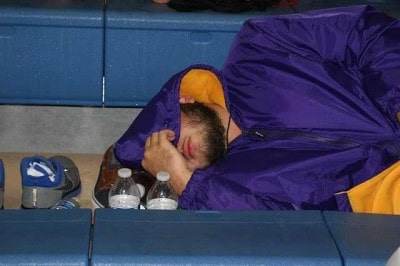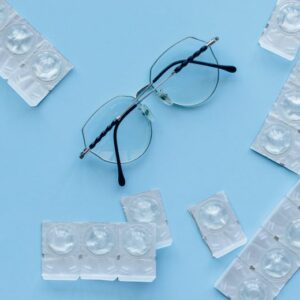 According to Dr. Charles A. Czeisler, M.D., Ph.D., a professor of sleep medicine at Harvard Medical School, artificial light may actually have an impact on our sleeping schedules. A study that he published last year suggested that electric light, especially from electronic devices can cause sleep deprivation.
According to Dr. Charles A. Czeisler, M.D., Ph.D., a professor of sleep medicine at Harvard Medical School, artificial light may actually have an impact on our sleeping schedules. A study that he published last year suggested that electric light, especially from electronic devices can cause sleep deprivation.
However, even beyond that, some researchers suggest that electric light could be responsible for changing the sleep patterns of an entire species over time. It has been well documented that prior to electric light, people had fairly different sleep schedules. Instead of sleeping in one whole 8 hour block, people would have a series of naps and wake in between.
This is a process known as segmented sleeping.
According to Wikipedia, Segmented sleep, also known as divided sleep, bimodal sleep pattern, bifurcated sleep, or interrupted sleep, is a polyphasic or biphasic sleep pattern where two or more periods of sleep are punctuated by periods of wakefulness. Along with a nap (siesta) in the day, it has been argued that this is the natural pattern of human sleep. A case has been made that maintaining such a sleep pattern may be important in regulating stress.
Historian A. Roger Ekirch has argued that before the Industrial Revolution, segmented sleep was the dominant form of human slumber in Western civilization. He draws evidence from documents from the ancient, medieval, and modern world. Other historians, such as Craig Koslofsky, have endorsed Ekirch’s analysis.
It is highly possibly that any number of variables resulted in the changing of sleep patterns over the centuries, especially during such a transitional time as the industrial revolution. However, the video below gives is a very interesting perspective on an age old mystery.
Why did our sleep patterns change?
John Vibes writes for True Activist and is an author, researcher and investigative journalist who takes a special interest in the counter culture and the drug war.


